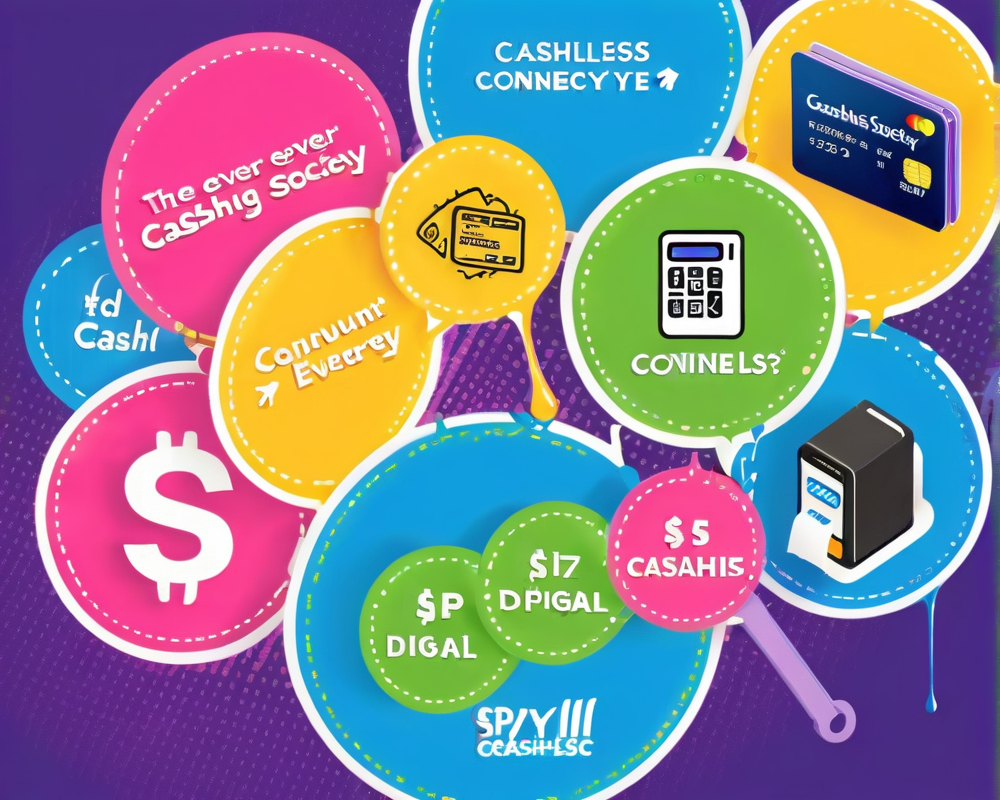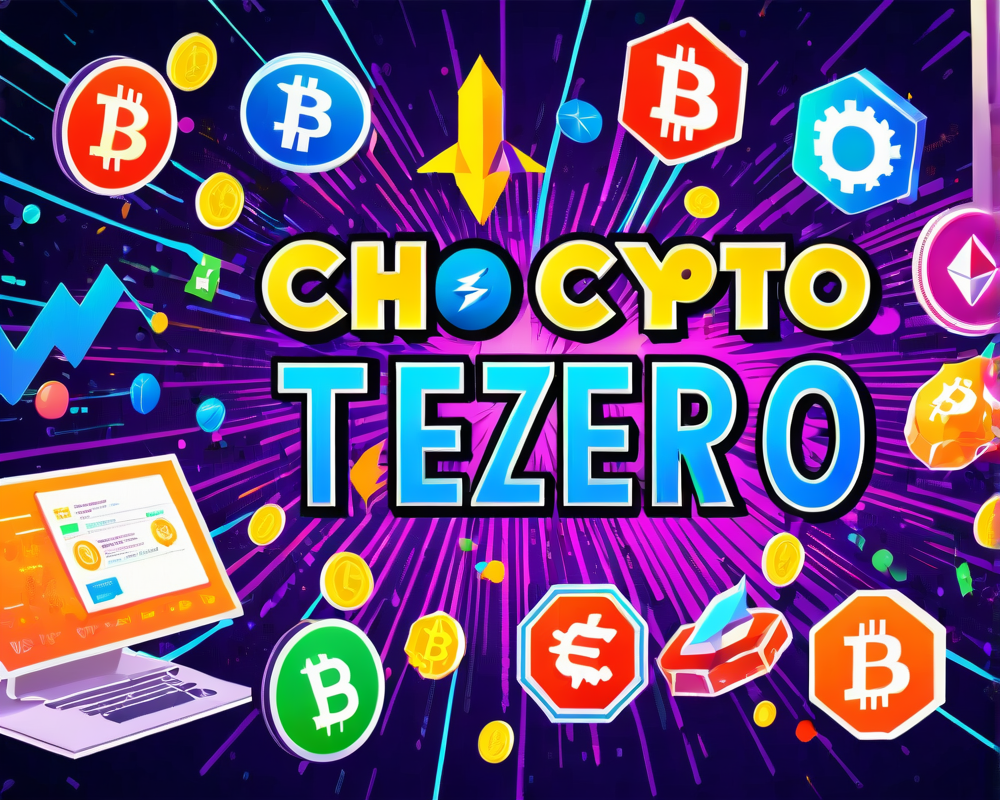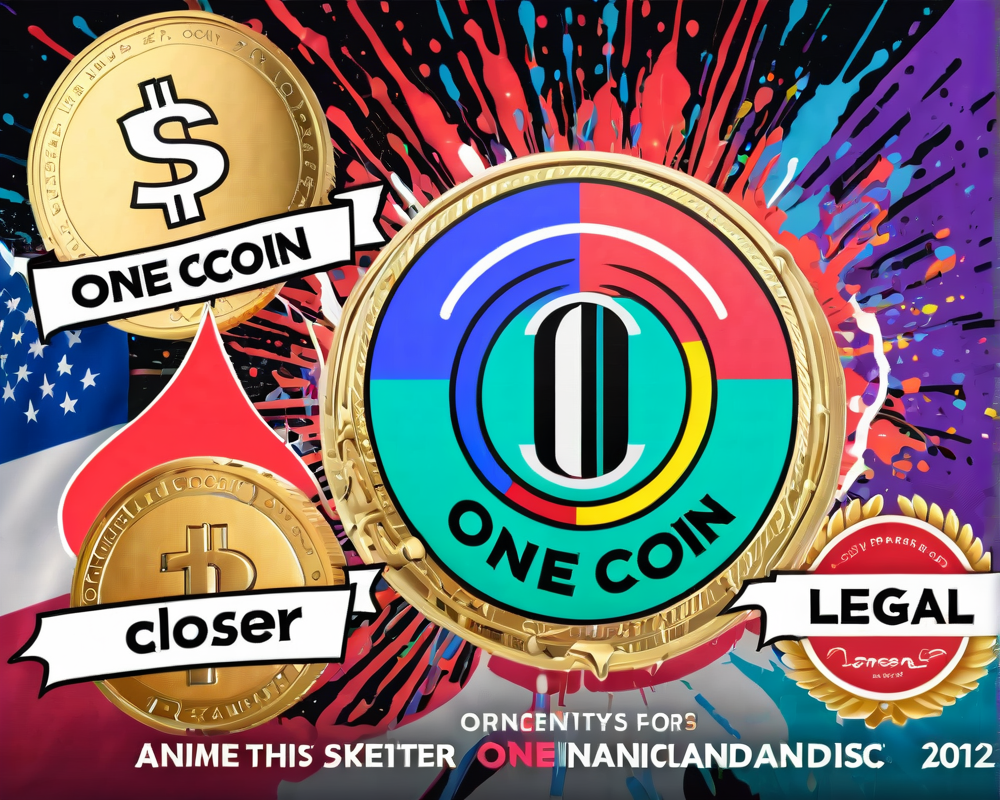Cash: The Undying Currency
In a world where digital payments reign supreme—just ask any Gen Z-er who can’t remember the last time they touched a physical dollar—it’s hard to believe that cash is still holding onto its existence. In fact, in Sweden, cash represents a measly 1% of the gross domestic product, and predictions about a total cashless society have been swirling around for quite some time. So, why are 60% of Americans saying a big ‘NOPE’ to a cashless future?
The American Affection for Cash
Given that cash has been a constant companion since the dawn of time—or at least since the invention of bartering—many Americans just can’t see life without their chunky coins and crumpled bills. According to a Genesis Mining survey, a whole lot of folks prefer their greenbacks, and even the esteemed CEO Marco Streng isn’t convinced of a total digital takeover. But let’s dig a bit deeper into the opposing views.
The Ethical and Technical Hurdles
As catchy as a catchy digital anthem might sound, the lack of trust in the government and poor payment infrastructure has folks like professor Jonas Hedman scratching their heads. The sentiment goes that switching to digital money feels like slipping into something less comfortable—even if it seems like a march of progress. Psychologically, we’re attached to physical cash. It’s like a comforting blanket for the financially squeamish, not to mention its role in society’s underbelly—money laundering is as old as dirt!
Digital Payments: Pros and Con
- Convenience: Faster transactions mean more sales. Coffee shops rejoice!
- Security: Digital transactions can be disputed, unlike cash which can evaporate like a magician’s coin.
- Environmental Impact: Less metal and paper waste, hello happy planet!
For the Faint of Heart: What Happens to the Less Fortunate?
No cash? No problem—for some. However, many Americans don’t own smartphones and lack reliable internet access. Going cashless might alienate vulnerable populations, leaving them like ghosts in a shopping mall after closing hours. Analysts argue that it could exacerbate income inequality and ostracize people who rely on cash. It’s a technological leap, but will everyone land safely on the other side?
The COVID Factor
Always the unexpected guest, COVID-19 has forced many of us to abandon cash for fear of germs. Researchers have even found that bills can harbor a horde of microbes (yikes!). Whether we like it or not, the pandemic hiked up the stakes for a cashless future, nudging the late adopters into the digital realm. As Vlad Totia noted, the lockdown changed how we view money, so it seems there’s no turning back for those newly initiated online spenders.
Is Going Cashless Really Worth the Risk?
While cash might feel like an ancient relic, the prospect of a completely cashless society isn’t without its pitfalls. A dystopian nightmare looms when every penny is traceable, sticking us in the government’s watchful eye. Plus, while promoting economic efficiency, we risk opening Pandora’s box of new types of fraud that could prey on unsuspecting newcomers.
Wondering Who Will Get There First?
As we speculate about whether Sweden will lead the charge to become fully cashless, it’s clear that many factors, from technological advancements to societal readiness, will play crucial roles. If we assume cash is a crutch, will we ever learn to walk without it?



